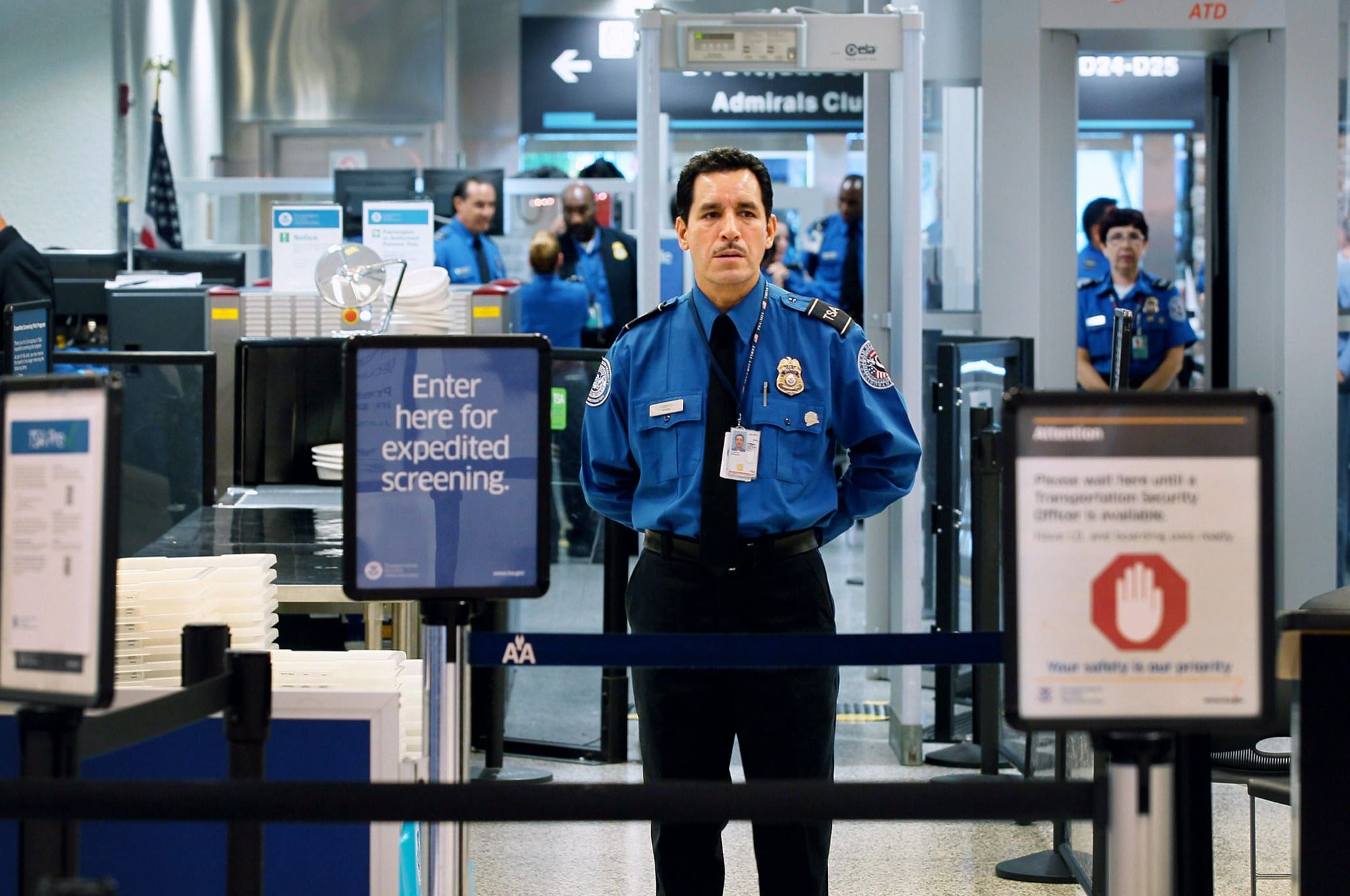
Ever wondered what keeps you safe while flying? Airline security is a complex web of measures designed to protect passengers and crew. From the moment you step into an airport, various protocols ensure your journey remains secure. Did you know that security screenings involve advanced technology like body scanners and explosive detection systems? Or that air marshals might be on your flight, blending in with other passengers? Airline security isn't just about preventing threats; it also involves safeguarding personal data and maintaining strict no-fly lists. Understanding these facts can make your next trip feel a bit more reassuring. Ready to learn more? Buckle up!
Key Takeaways:
- Airline security has come a long way, from metal detectors to body scanners and biometric screening. It's all about keeping passengers safe while making the process quicker and more efficient.
- The future of airline security is exciting, with AI, cybersecurity, drones, and passenger data analytics leading the way. It's all about using technology to predict and identify potential threats more accurately.
The Evolution of Airline Security
Airline security has changed dramatically over the years. From simple metal detectors to advanced body scanners, the measures in place aim to keep passengers safe. Here are some fascinating facts about airline security.
-
First Metal Detectors: Metal detectors were first introduced in the 1970s to combat hijackings. They quickly became a standard part of airport security.
-
Sky Marshals: The concept of sky marshals, armed officers on flights, started in the 1960s. Their presence is meant to deter and respond to in-flight threats.
Technological Advancements in Security
Technology plays a crucial role in modern airline security. Innovations have made it possible to detect threats more efficiently and accurately.
-
Body Scanners: Introduced in the early 2000s, body scanners can detect non-metallic objects hidden under clothing. They provide a detailed image of a passenger's body.
-
Biometric Screening: Airports are increasingly using biometric data like fingerprints and facial recognition for faster and more secure passenger identification.
-
Explosive Detection Systems: These systems can detect trace amounts of explosives on luggage and cargo, enhancing safety.
Security Protocols and Procedures
Airline security involves a series of protocols and procedures designed to ensure passenger safety. These measures are constantly updated to address new threats.
-
TSA PreCheck: This program allows pre-approved travelers to go through expedited security screening, making the process quicker and more efficient.
-
Random Screening: Even with programs like TSA PreCheck, random screenings are conducted to ensure no one is exempt from security checks.
-
No-Fly List: The no-fly list contains names of individuals prohibited from boarding commercial aircraft due to security concerns.
International Security Measures
Different countries have their own security measures, but many follow international guidelines to ensure global travel safety.
-
ICAO Standards: The International Civil Aviation Organization sets global standards for aviation security, which member countries must follow.
-
EU Security Regulations: The European Union has its own set of security regulations, which include liquid restrictions and advanced passenger information requirements.
Passenger Experience and Security
While security is paramount, efforts are made to ensure the passenger experience is not overly burdensome.
-
Security Theater: Some critics argue that certain security measures are more about making passengers feel safe rather than actually improving security.
-
Customer Service: Security personnel are trained to handle passengers courteously, balancing safety with a positive travel experience.
Unusual Security Facts
Some aspects of airline security are less known but equally important. These facts highlight the unique and sometimes surprising elements of keeping the skies safe.
-
Canine Units: Trained dogs are used to sniff out explosives and drugs. Their sense of smell is far superior to any machine.
-
Behavior Detection Officers: These officers are trained to identify suspicious behavior, adding another layer of security.
-
In-Flight Security Cameras: Some airlines have installed security cameras inside the cabin to monitor passenger behavior during flights.
The Future of Airline Security
As technology and threats evolve, so too will airline security measures. Future advancements promise to make air travel even safer.
-
AI and Machine Learning: Artificial intelligence and machine learning are being integrated into security systems to predict and identify potential threats more accurately.
-
Cybersecurity: With the increasing reliance on digital systems, cybersecurity has become a critical aspect of airline security.
-
Drones: Drones are being explored for airport perimeter security, capable of monitoring large areas more efficiently than human patrols.
-
Passenger Data Analytics: Advanced data analytics can help identify high-risk passengers by analyzing travel patterns and behaviors.
Final Look at Airline Security Facts
Airline security is a big deal. From TSA screenings to air marshals, these measures keep us safe. Full-body scanners and random checks might seem annoying, but they catch threats. Baggage screening ensures no dangerous items get on board. No-fly lists help prevent known risks from flying. Behavior detection officers watch for suspicious actions. Cockpit doors are reinforced to stop hijackings. Canine units sniff out explosives. PreCheck programs speed up the process for trusted travelers. Cybersecurity protects airline systems from hacking. International cooperation helps share vital info. Biometric systems are becoming more common for ID checks. Training for staff is ongoing to handle new threats. Passenger awareness plays a role too. Knowing these facts can make your next flight feel safer. Stay informed, stay safe.
Frequently Asked Questions
Was this page helpful?
Our commitment to delivering trustworthy and engaging content is at the heart of what we do. Each fact on our site is contributed by real users like you, bringing a wealth of diverse insights and information. To ensure the highest standards of accuracy and reliability, our dedicated editors meticulously review each submission. This process guarantees that the facts we share are not only fascinating but also credible. Trust in our commitment to quality and authenticity as you explore and learn with us.


